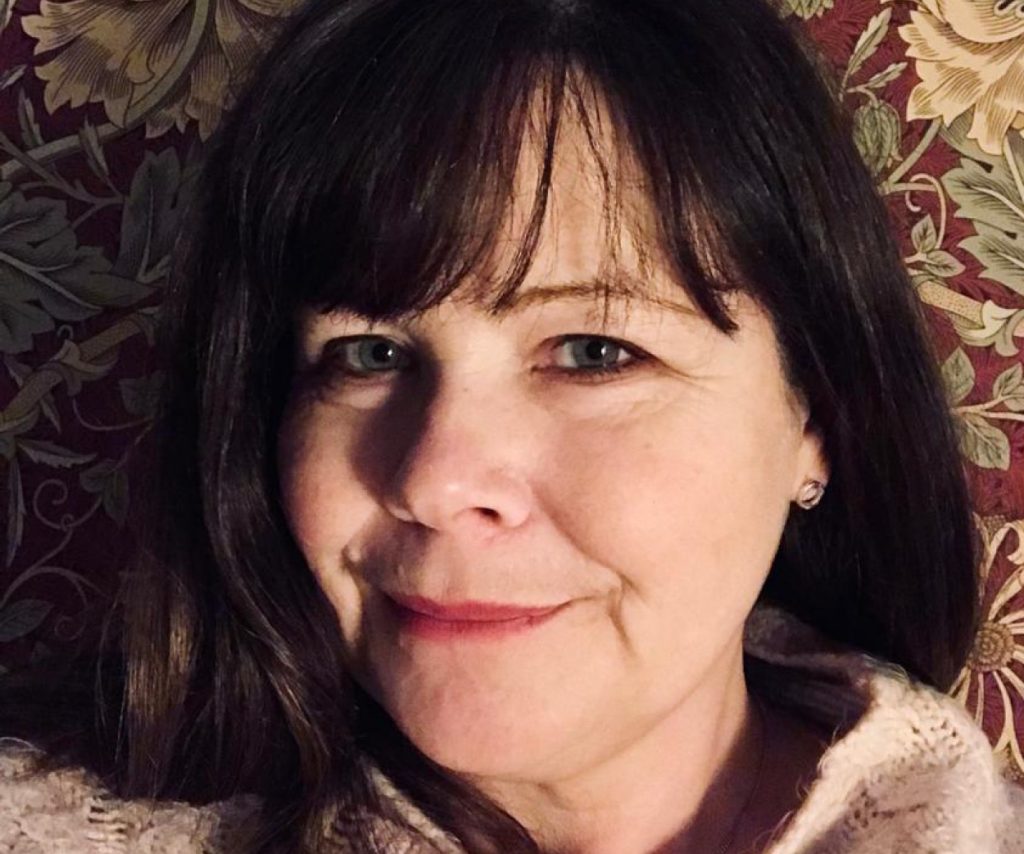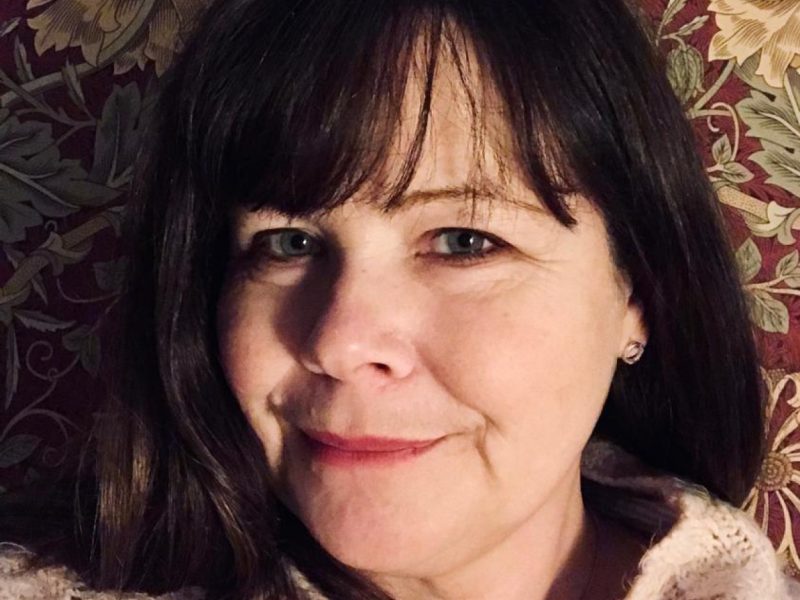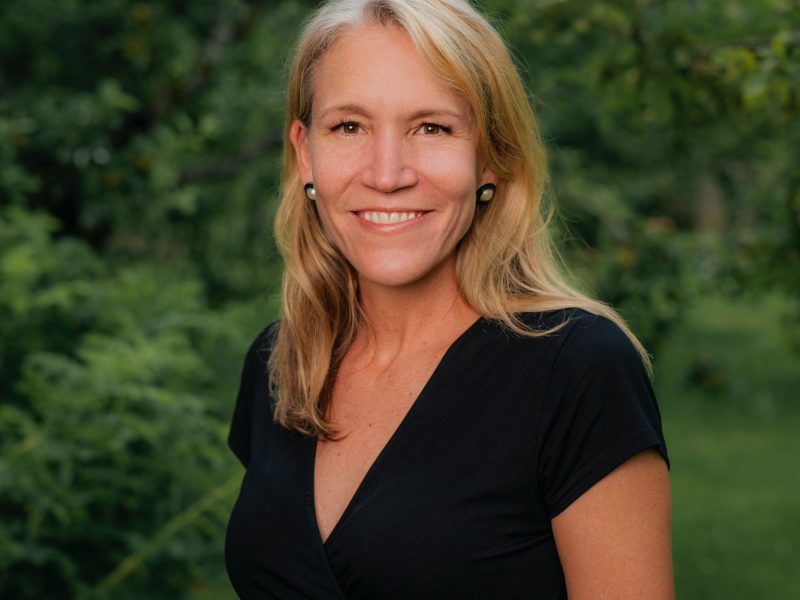Liz Gleeson: What Grief Does to the Body

About the event
This event will be available to watch on-demand during the festival.
Liz Gleeson is a highly qualified and experienced psychotherapist and educator in the field of grief and loss. She is also the curator of the podcast Shapes Of Grief, which is a recommended resource in universities and colleges internationally. She joins Dr Lesel Dawson, a lecturer from the University of Bristol, to discuss the detail of how our bodies are impacted by grief. Liz also reflects more widely on her personal and professional experiences of loss, using examples from cases to explore the diverse ways that people expereince grief emotionally and physically.
Liz is also an open floor movement therapist with a body-based approach to supporting the grieving process and she provides us with some great advice on how best to support people when they are grieving.
Using examples from her grief therapy sessions, Liz explains how she draws on her vast experience to ensure that her therapeutic approach is relevant to each individual. Listening is key, to truly hear people’s stories, see their sadness and witness and validate their grief. Liz outlines how people can experience disenfranchised grief when this doesn’t happen, and explains what we can do to support people in helpful ways.
Liz goes into depth about the processes taking place in the body and the brain when grieving, revealing the physiological as well as the psychological impacts of grief. She also introduces creative tools that can help people to express grief or release their energy in non-verbal ways.
We’ll hear Liz’s personal grief story, and how having to silence that grief caused it to reappear later, ultimately inspiring her to become a grief therapist.
Dr Lesel Dawson is a Senior Lecturer in English at the University of Bristol, specialising in grief, Renaissance literature and the history of the emotions. She’s leading a research project on Creative Grieving and writing a book that explores how art and the imagination can enable the bereaved to express and process their loss.

